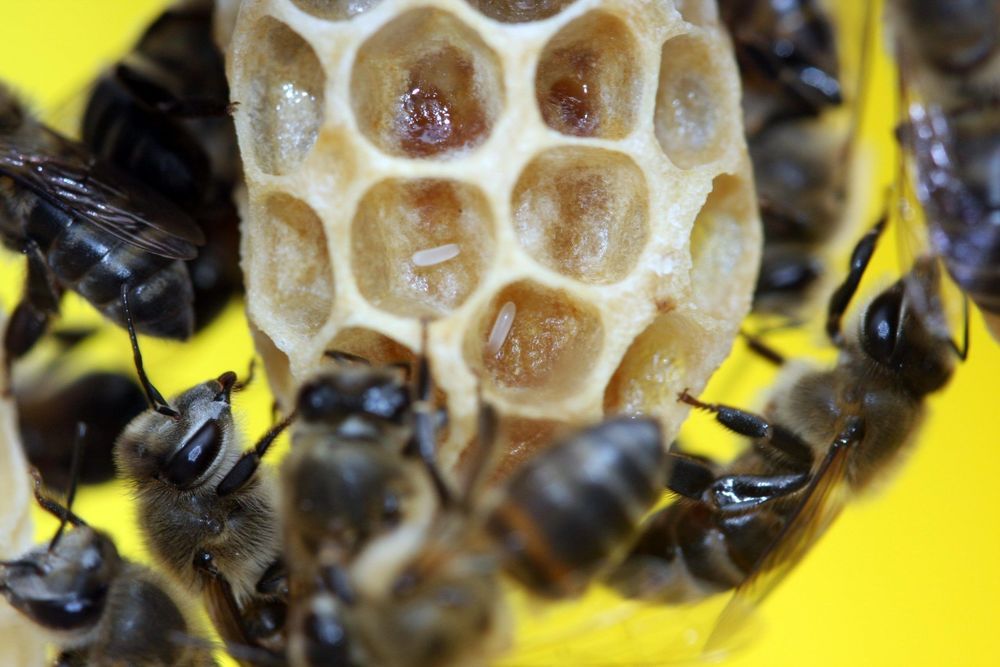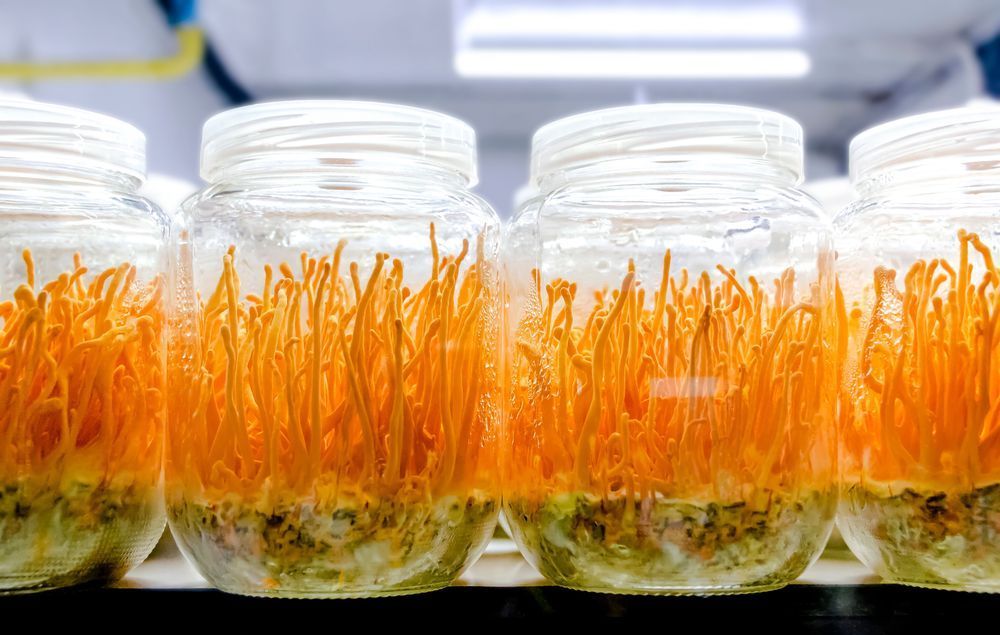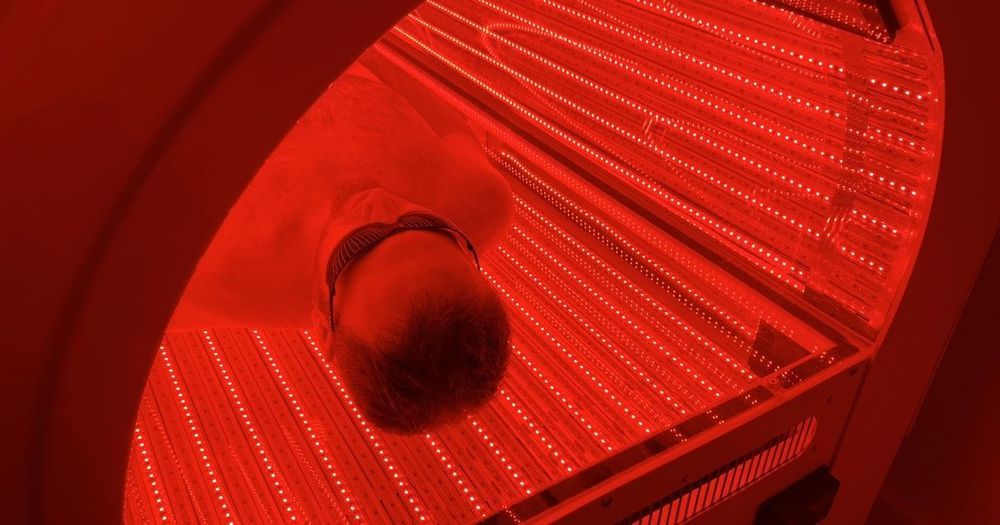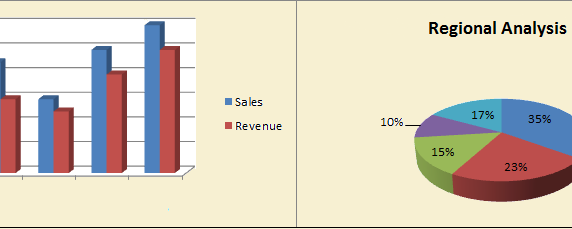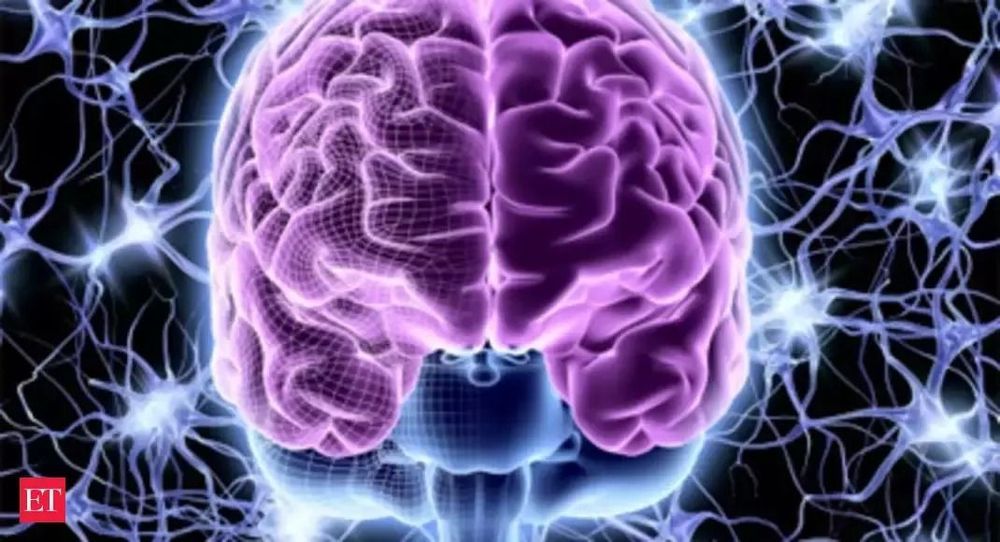In a study published on May 7, 2020, in Current Biology, researchers from University of Sydney have identified the single gene that determines how Cape honey bees reproduce without ever having sex. One gene, GB45239 on chromosome 11, is responsible for virgin births.
“It is extremely exciting,” said Professor Benjamin Oldroyd in the School of Life and Environmental Sciences. “Scientists have been looking for this gene for the last 30 years. Now that we know it’s on chromosome 11, we have solved a mystery.”
Behavioral geneticist Professor Oldroyd said: “Sex is a weird way to reproduce and yet it is the most common form of reproduction for animals and plants on the planet. It’s a major biological mystery why there is so much sex going on and it doesn’t make evolutionary sense. Asexuality is a much more efficient way to reproduce, and every now and then we see a species revert to it.”
